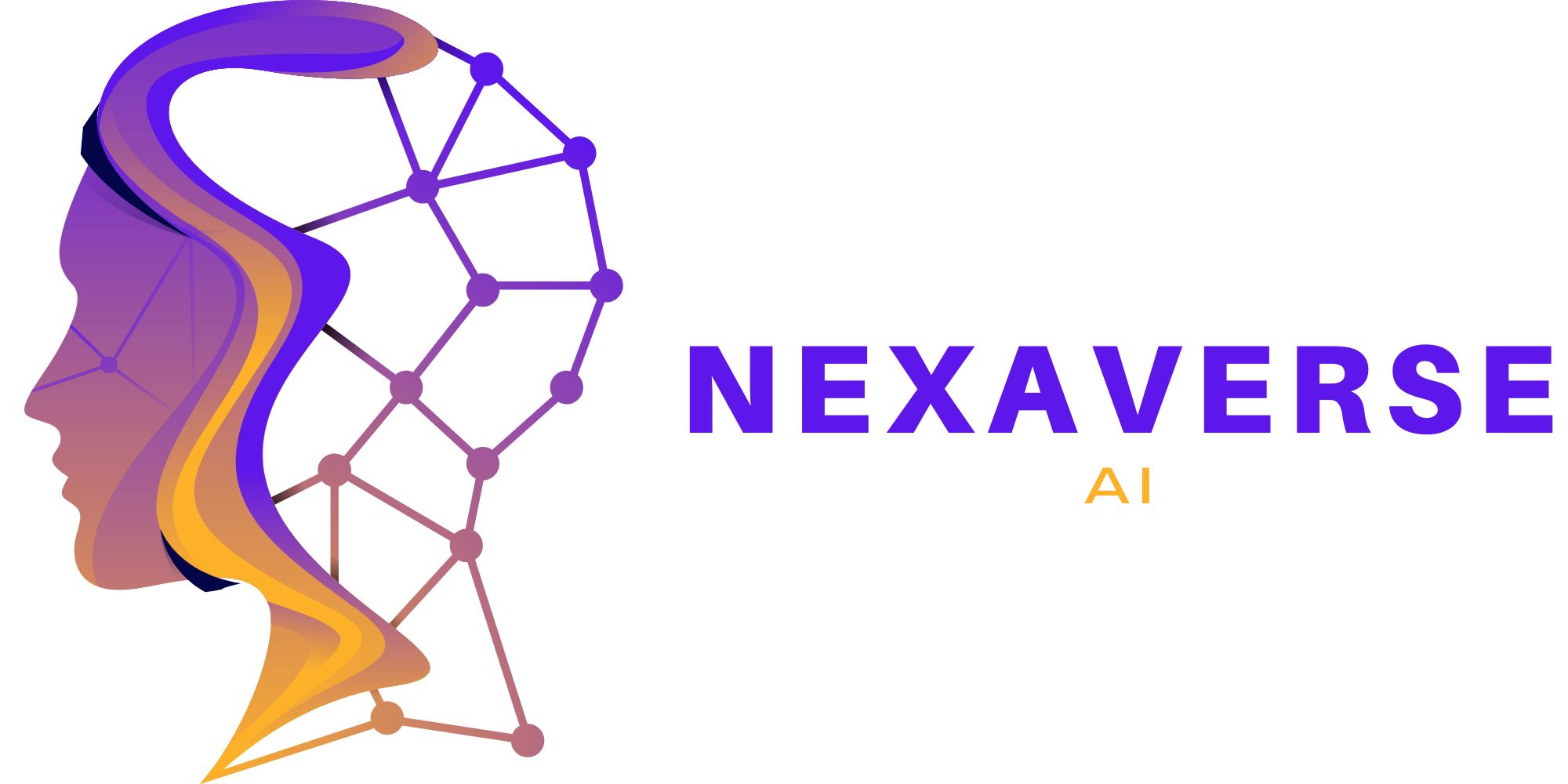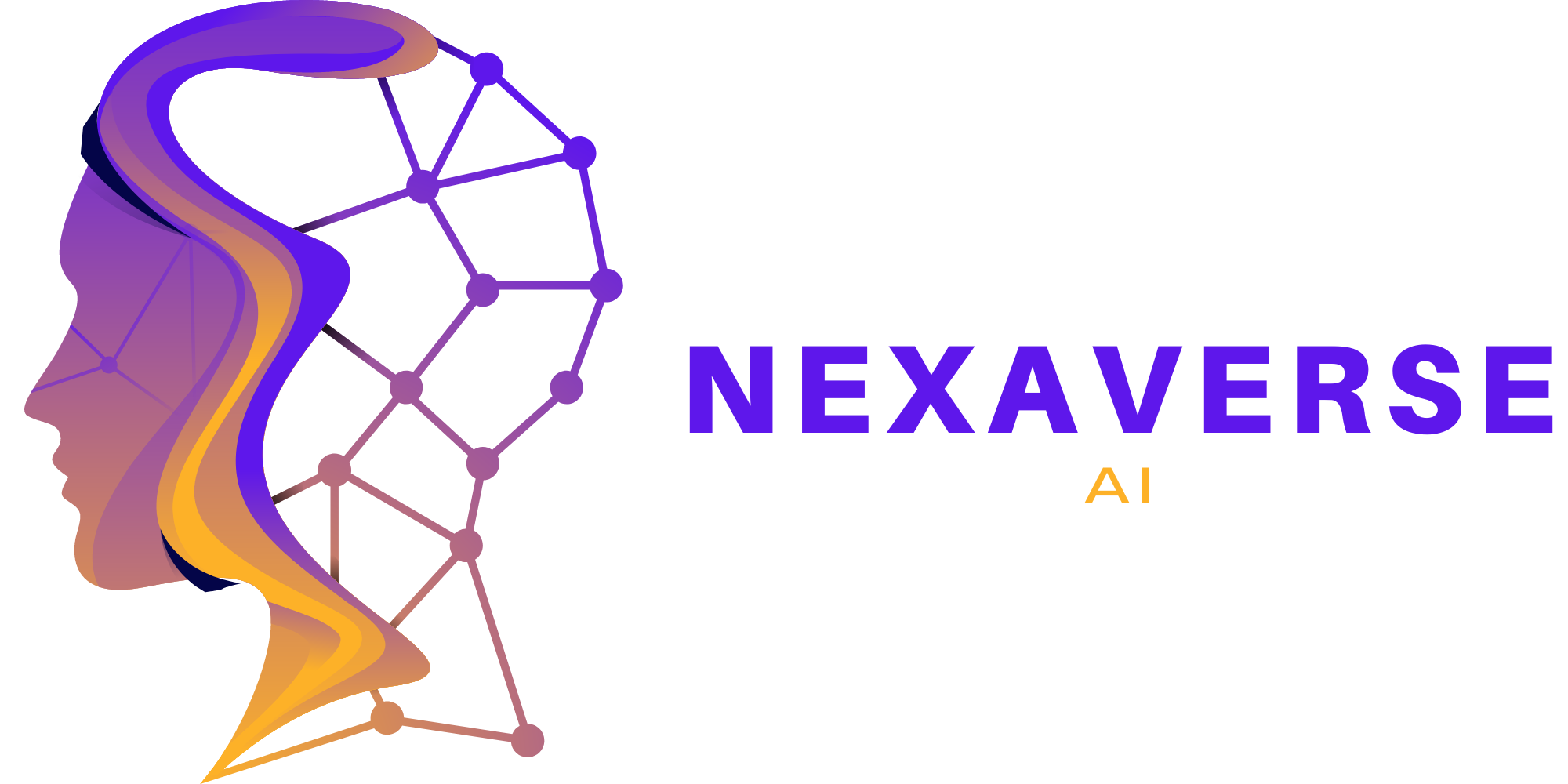AI-driven Personalization: Enhancing Customer Experience through Targeted Marketing
In this comprehensive guide, we explore the power of AI-driven personalization in enhancing customer experience and driving engagement. Learn how to implement personalized marketing strategies and overcome challenges.

Creating Engaging Customer Experiences with AI-powered Personalization
In today's digital era, providing a personalized experience to customers has become paramount for businesses. Customers expect brands to understand their preferences, anticipate their needs, and deliver tailored offers and recommendations. This is where AI-driven personalization comes into play. By harnessing the power of artificial intelligence, businesses can enhance customer experience, drive engagement, and boost conversions. In this comprehensive guide, we will explore how AI-powered personalization can transform your marketing efforts and help you create unforgettable customer experiences.
Unlocking the Potential of AI-driven Personalization
Understanding AI-driven Personalization
AI-driven personalization is a technique that leverages artificial intelligence algorithms and machine learning models to analyze vast amounts of customer data and deliver personalized content, recommendations, and offers. It goes beyond basic segmentation and allows businesses to create highly targeted and relevant marketing campaigns.
The Benefits of AI-driven Personalization
1. Enhanced Customer Experience: By delivering personalized content and offers, businesses can provide a seamless and tailored experience to their customers, increasing satisfaction and loyalty.
2. Improved Engagement: Personalization grabs the attention of customers, increasing their engagement with your brand and driving higher click-through rates and conversions.
3. Increased Revenue: When customers feel understood and valued, they are more likely to make a purchase. AI-driven personalization can significantly impact your bottom line by driving incremental revenue.
Implementing AI-driven Personalization Strategies
To successfully implement AI-driven personalization, businesses need to follow a strategic approach. Here are some key steps to get started:
1. Collect and Analyze Customer Data
Start by collecting relevant data from various touchpoints, such as website interactions, social media behavior, and purchase history. Use AI-powered analytics tools to gain actionable insights from this data.
2. Segment Your Audience
Divide your customer base into meaningful segments based on demographics, preferences, and behavior. This will enable you to deliver personalized experiences to each segment.
3. Leverage AI-powered Recommendation Engines
Implement recommendation engines that leverage AI algorithms to serve personalized product recommendations, content suggestions, and offers based on each customer's preferences and browsing history.
4. Optimize Email Marketing Campaigns
Use AI-powered tools to automate and optimize your email marketing campaigns. Personalize email content, subject lines, and send times based on individual customer behavior and preferences.
Real-life Examples of AI-driven Personalization
To better understand the potential of AI-driven personalization, let's explore some real-life examples:
1. Amazon's Personalized Product Recommendations
Amazon is a prime example of using AI-powered recommendation engines to deliver highly personalized product recommendations. Their algorithms analyze customer browsing and purchase history to suggest relevant products, leading to increased conversions.
2. Netflix's Tailored Content Suggestions
Netflix leverages AI algorithms to analyze user behavior and provide personalized content suggestions. By recommending shows and movies based on individual preferences, they keep customers engaged and satisfied.
Overcoming Challenges and Ensuring Success
While AI-driven personalization offers immense potential, there are a few challenges businesses need to address to ensure success:
1. Privacy and Data Security
Collecting and analyzing customer data raises privacy concerns. Businesses must ensure compliance with data protection regulations and implement robust security measures.
2. Customer Trust
Transparency is key to building trust with customers. Clearly communicate how their data is being used and allow them to control their personalization preferences.
3. AI Implementation Challenges
Implementing AI-driven personalization requires the right technology infrastructure and skilled resources. Businesses should invest in AI tools and ensure proper training for employees.
AI-driven personalization has revolutionized the way businesses engage with their customers. By leveraging artificial intelligence algorithms, businesses can deliver personalized experiences, improve engagement, and increase revenue. However, it is essential to address challenges related to privacy, data security, and customer trust. By implementing AI-driven personalization strategies, you can create unforgettable customer experiences that drive long-term loyalty and success.
Frequently Asked Questions (FAQs)
Q. What types of data can be used for AI-driven personalization?
A. I-driven personalization can utilize various types of data, including customer demographics, browsing history, purchase behavior, social media interactions, and more. The more data you have, the better insights you can gain to deliver personalized experiences.
Q. Are there any industries that can benefit the most from AI-driven personalization?
A. I-driven personalization can benefit a wide range of industries, including e-commerce, retail, media and entertainment, travel and hospitality, and more. Any industry that relies on customer engagement and personalized experiences can leverage AI-driven personalization strategies.
Q. How can AI-driven personalization impact customer loyalty?
A. I-driven personalization creates a deeper connection with customers by delivering relevant and personalized experiences. When customers feel understood and valued, they are more likely to develop loyalty towards a brand, leading to repeat purchases and long-term relationships.
Implementing AI-driven personalization requires a solid data strategy and the right technology infrastructure. It's crucial to continuously monitor and optimize your campaigns to ensure maximum impact.




